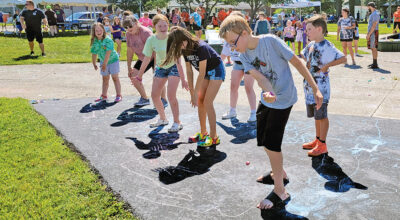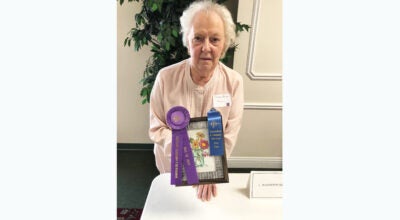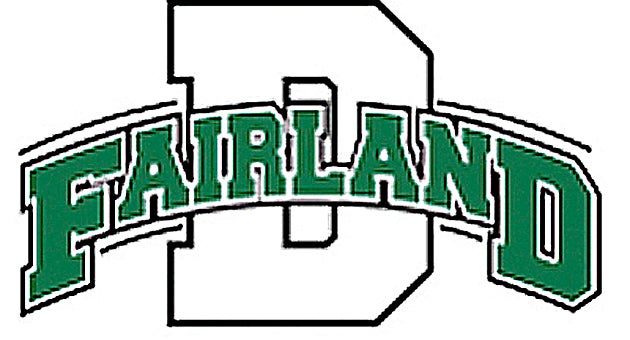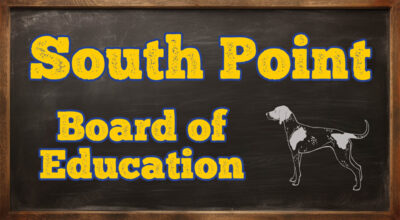Determined not to Forget
Published 9:52 am Tuesday, April 14, 2009
ROME TOWNSHIP — There’s no date on the letter, written in a script almost incomprehensible, in a language only a linguist would understand. But the English translation of it reads like a cry from the grave.
Sharon Weed, a longtime Rome Township resident, found this letter from her grand aunt, Margit, when she was 15. As a teen-ager, she had few details about the Holocaust, but still the words she saw on the paper chilled.
Her aunt, trapped in her homeland of Czechoslovakia, writes her sister, living in the United States, begging for a way out of the grip of the Nazis for her husband, her five young children and herself.
“If you help us, we will not be in your way. We would clean toilets, do anything to survive. … God willing, we could leave the village. We have to leave Europe. Jews cannot remain here.”
That help never came and Margit and most of her family perished in Auschwitz.
That’s why it’s imperative for Weed that she appear each year at the Holocaust Remembrance Ceremony at temple in Huntington, W.Va.
“It is a little bit of a way of showing respect,” Weed said. “I can really emphasize about her worrying about five children, being scared to death, thinking how afraid she would be.”
On Sunday April 26, Reed will join members of the B’nai Sholom congregation, students and community leaders in a marathon event where names of some of the 6 million who perished at the hands of the Nazis are read.
“Most Jews realize they have a responsibility,” Weed said. “It could happen again if people ignore things.”
The reading ceremony started 20 years as an event organized nationally by the B’nai B’rith and gains in significance as the number of Holocaust survivors diminishes year after year. In a generation there will no longer be any who can talk directly about the horrors.
“The reading just keeps it in people’s minds that this atrocity happened and 1.5 million were children,” Herman Glaser, chairman of the Holocaust Project, said. “And there were a lot of other religions and nationalities, not just Jews.”
The ceremony begins at 8 a.m. with prayers; then readers sit at a table under a canopy at the side yard of temple and read the victims’ names, their birthplaces and year of execution. It ends at 5 p.m. with a closing ceremony of prayer and music.
“We usually get between 3 to 4,000 names read,” Glaser said. “It is hard to do sometimes. It is really tear-jerking, some of the names and ages and everything.”
Weed’s grandmother had come to the United States to visit friends, intending to return to Europe. Yet when the Second World War broke out, she was stranded in America, a situation that ended up saving her life.
When her sister reached out to her in the desperate letter, she responded.
“My grandmother tried to get the wheels in motion. She was no dummy,” Weed said. “She wrote letters to the right people, but before she got through the red tape, it was too late. My aunt was dead.
“What a thing to take to the grave with you.”
Anyone wishing to read at the Holocaust Remembrance Ceremony can contact Herman Glaser at (304) 525-9425. Reading begins at 8 a.m. until 5 p.m., Sunday, April 26, at B’nai Sholom, 949 10th Ave., Huntington, W.Va.





